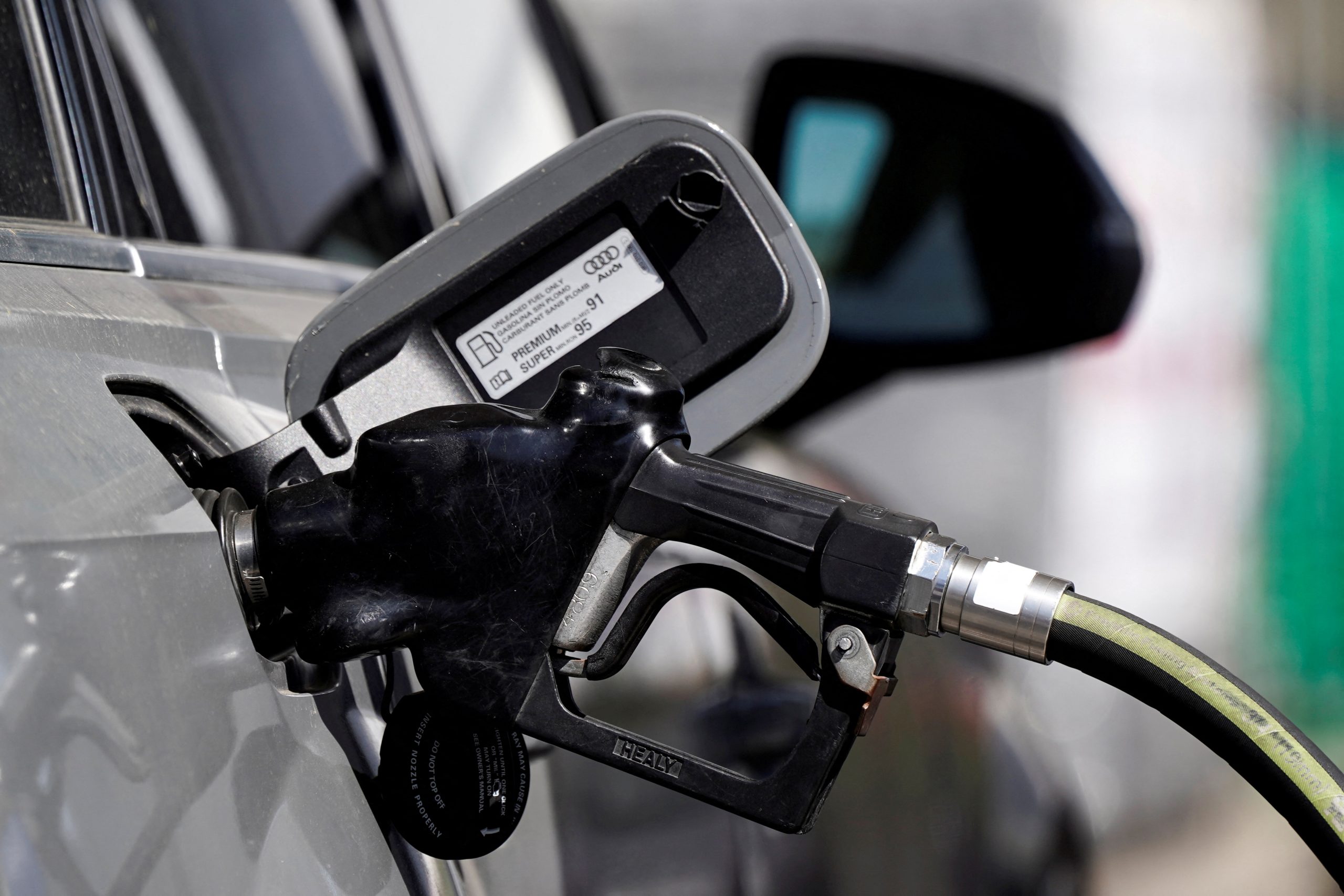
Matt Bush, FISM News
[elfsight_social_share_buttons id=”1″]
The House passed the Consumer Fuel Price Gouging Prevention Act on Thursday, which allows the President to issue an energy emergency declaration making it unlawful for energy companies to increase gas and energy prices in excessive and exploitative ways. The bill would also expand the Federal Trade Commission’s (FTC) power to investigate and address alleged price gouging in the industry.
The bill passed the House with a 217-207 vote largely along party lines, with four democrats siding with Republicans and five Republicans not voting. There is very little chance that the bill will reach the 60-vote threshold needed in the Senate to overcome a GOP filibuster.
The main problem with the bill, according to Rep. Stephanie Murphy (D-Fla.), is that it takes the wrong approach to the problem. One of the four Democrats to vote against the bill, Murphy wrote, “At best, this bill is a distraction that won’t actually address the problem. At worst, it could make the problem more severe.”
House and Senate Republicans agree with Murphy’s sentiment. House GOP Whip Steve Scalise wrote, “The bill is an attempt by the Majority to distract and shift blame from the administration’s self-inflicted energy and inflation crisis and blame energy producers, despite no evidence of price gouging.”
Nancy Pelosi, on the other hand, said, “Price gouging needs to be stopped. The Putin tax-cut hike at the pump is a part of this, and you would think that the oil companies would compensate for that rather than exploit the opportunity.”
Republicans and Democrats agree that inflation is a major problem, but they disagree on why it is such a problem and how to fix it.
A Bloomberg article about the bill states, “It marks the latest attempt by Democrats to tame sky-high energy costs before facing inflation-weary votes at the polls in November. Retail gasoline prices have been rising for nearly three weeks, reaching new records for each of the past three days. The Democrats now in control of Congress have sought to place blame for that on oil companies, which have reaped record profits since Russia’s invasion of Ukraine sent crude north of $100 a barrel.”
Rather than blaming Putin and Big Oil, Republican lawmakers have focused on the energy policies of the Biden Administration as a culprit for inflation. Sen. Josh Hawley (R-Mo.) got into a heated exchange with Energy Secretary Jennifer Granholm, during which he laid out a few of what he considers to be failed Biden policies, including:
- Biden’s immediate reentrance to the Paris Climate Accord.
- The cancelation of the Keystone pipeline.
- Biden’s halt of leasing programs in ANWR.
- Biden’s issuance of a 60-day halt on all new oil and gas leases on federal lands and waters, which accounts for 25% of U.S. oil production.
- Biden’s direction to federal agencies to eliminate all supports for fossil fuels.
- Biden’s imposition of new regulations on oil and gas and methane emissions.
When speaking of inflation, Democrats take a passive approach to what is happening to the American economy and specifically the energy sector. In general, they blame outside forces such as COVID, Russia, and oil companies for price increases, and those outside forces are virtually impossible to actively fight.
Republicans take a more active approach to inflation and its effect on the energy sector. They point to the policies and ideologies of Congress and the White House, with the idea that a few simple changes could turn the economy around and get inflation under control fairly quickly.
The American people will make their position known at the polls in November.
